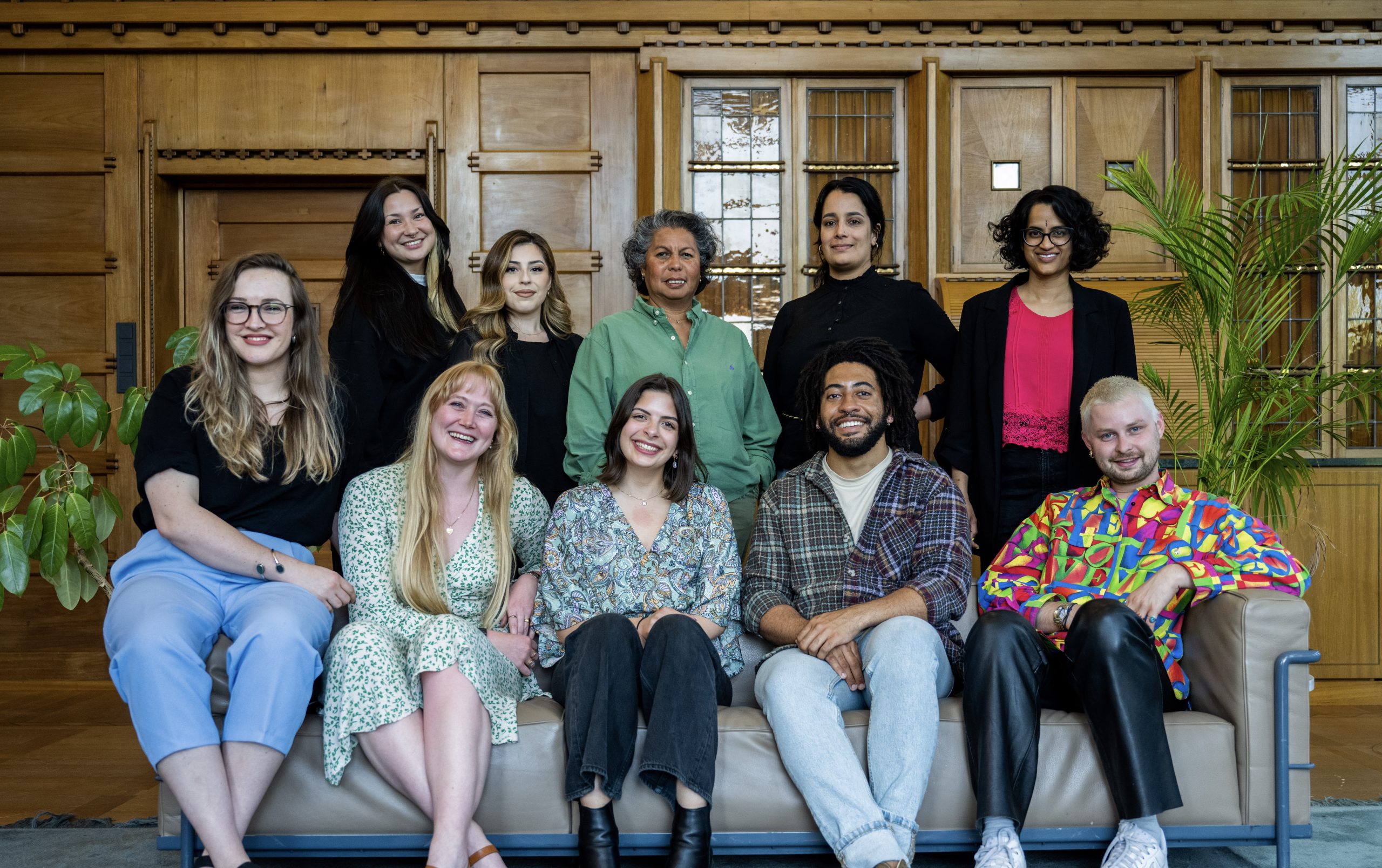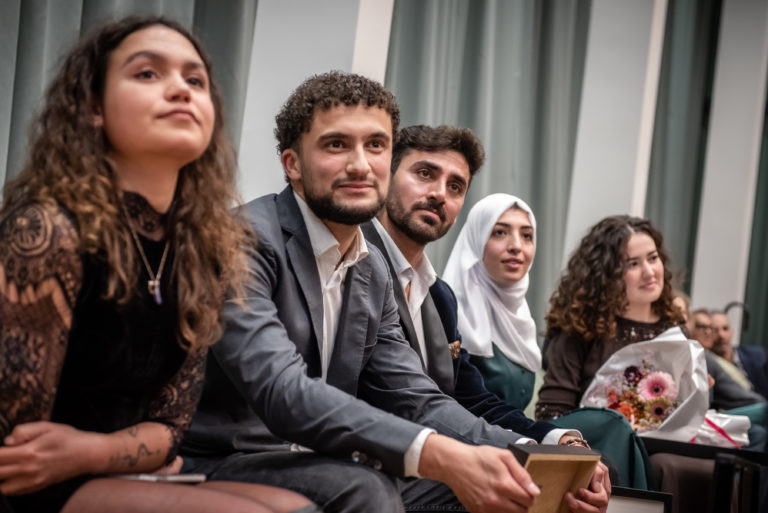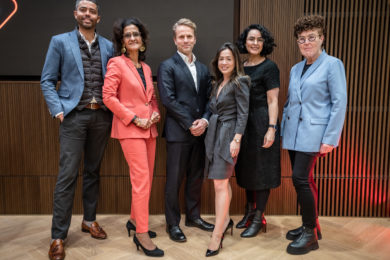About ECHO
Center for Diversity Policy since 1994
Originally founded by the Ministry of Education, Culture & Science in 1994, today ECHO functions as an independent “not for profit” social enterprise with 25 years of experience and (inter)national networks in the field of diversity and inclusion.
With cultural diversity as our starting point for facilitating the uncomfortable conversations about racism and discrimination, supporting a process from awareness to actionability in policy and practice. We do this from an intersectional approach, meaning that we connect different dimensions of diversity to the issue of cultural diversity. Specifically, this means that we are mostly engaged in consulting, policy development, curriculum development and reform, HR issues, workshops and trainings, and knowledge sharing.
We work closely with partners in the public sector, the corporate sector, the arts and culture sector, and higher education institutions both within and outside the Netherlands. In collaboration with the Vrije Universiteit, ECHO facilitates the Chair of Education and Diversity for quantitative and qualitative research in relation to D&I in education.

Our team

Our mission

ECHO Foundation
Target group and definitions
ECHO is aware of the changing social context and the associated challenges when it comes to defining the target group. When ECHO was founded in 1994, it was easy to recognize the target group with the term “allochtoon”, using the CBS definition based on first-generation migrants. Twenty years later, that term is no longer tenable. Not only because of the fact that students are now second generation migrants, but mainly because of a growing social awareness that ‘immigrants’ questioned the Dutch citizenship of students with a non-Western background.
ECHO has always opted for an approach that empowers students, without denying the challenges they experience on the basis of their non-Western cultural identity and background. Those challenges are based on a system in which “white” or “western” is the norm. ECHO’s programs target students who are perceived as deviating from that norm, either by the way they identify themselves or by the way society perceives them, and deal with it constructively.
In 2021, this target group is also diverse. From students who were born and raised in the Netherlands, but are proud of their non-Western roots and use that awareness to strengthen society, to students who have recently come to the Netherlands and who have made a special contribution to Dutch society from their cultural background. In practice, this means students who identify as:
-
-
- Dutch students with a non-Western background*;
- Students with a refugee background;
- International students who identify as part of a marginalized community in their own context
-
ECHO welcomes all these students, knowing that they have a common experience of overcoming challenges based on exclusion. With this, ECHO wants to offer space to the diversity of experiences that the ECHO Ambassadors Network has to offer. Would you like to draw students’ attention to the opportunities offered by ECHO, but are you unsure whether your students belong to the target group? Feel free to contact us for more information.
*For the definition of “non-Western”, ECHO bases itself on the CBS framework: “Person with a migration background from one of the countries in Africa, Latin America and Asia (excluding Indonesia and Japan) or Turkey.” Because Statistics Netherlands bases its definition on a socio-economic approach and ECHO’s work is based on a social approach in the Dutch context, ECHO has chosen to include Indonesia and Japan in a “non-Western” framework.

